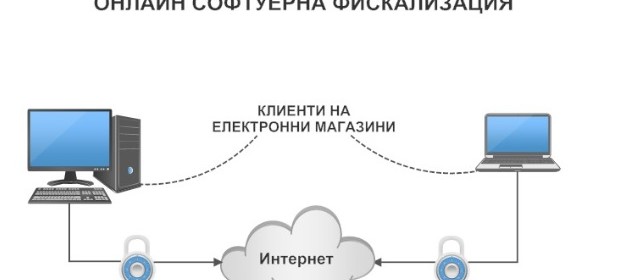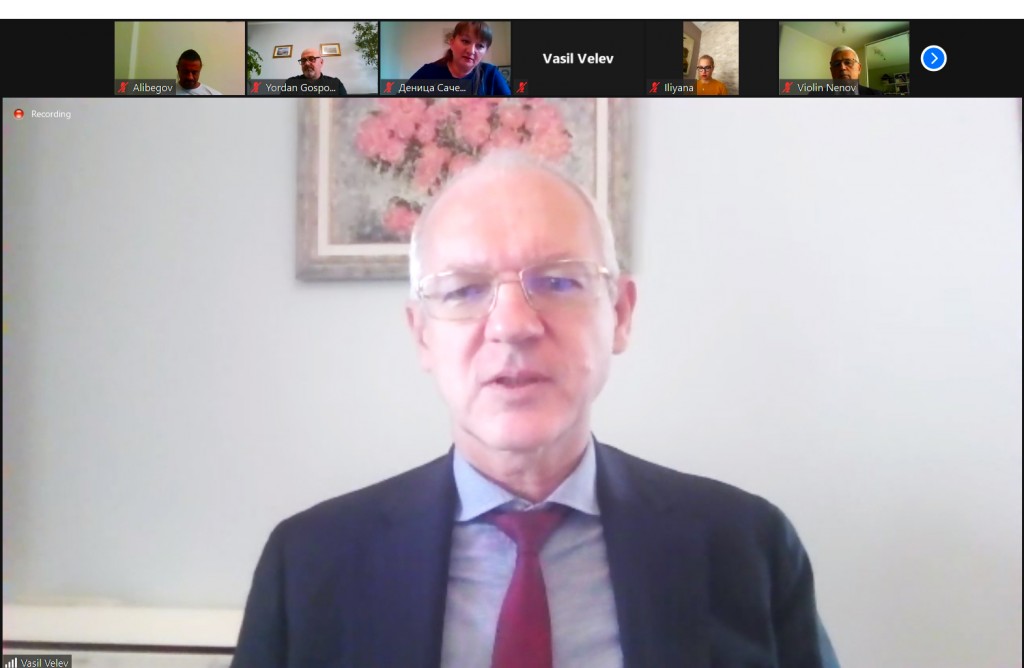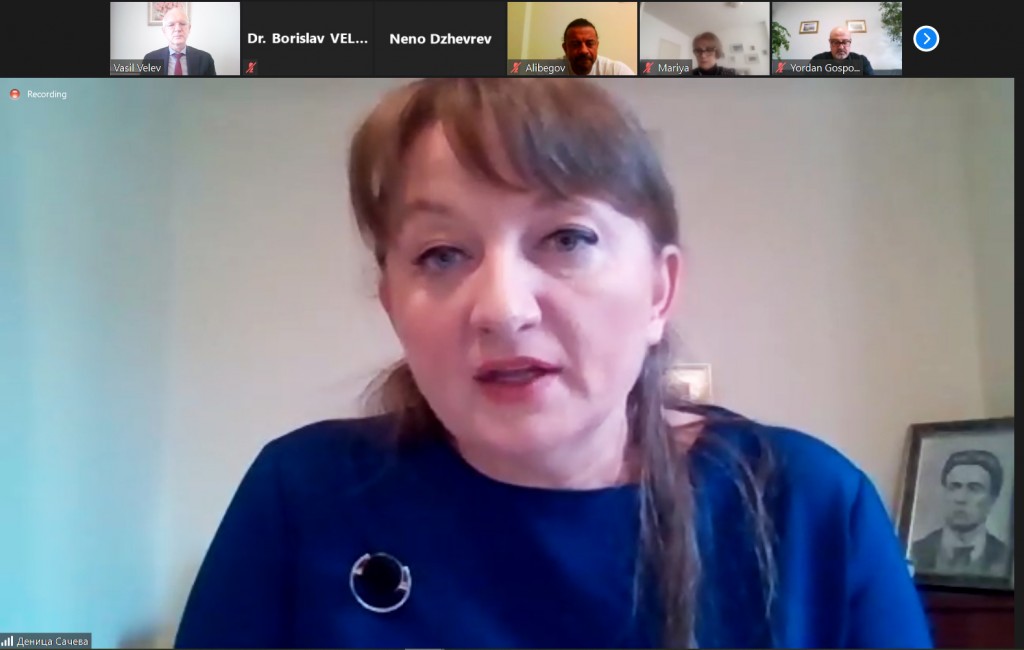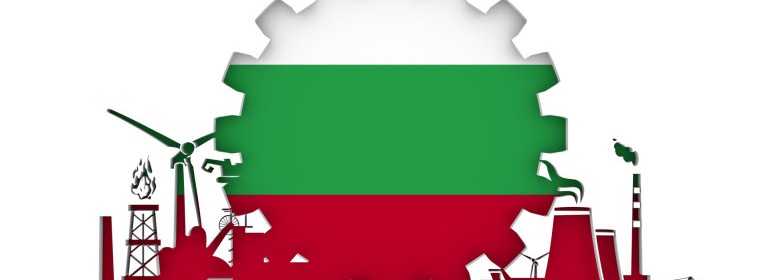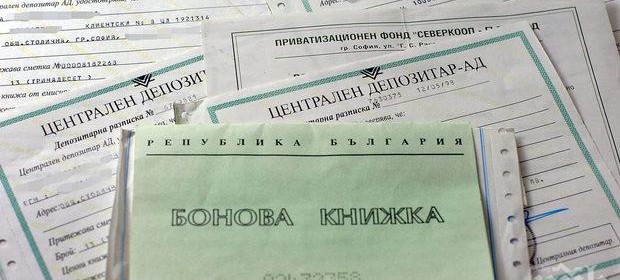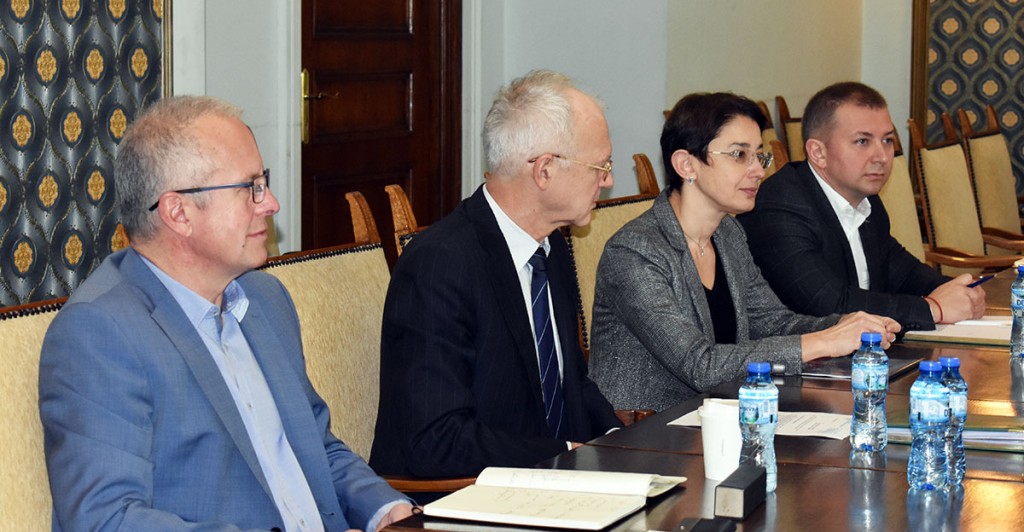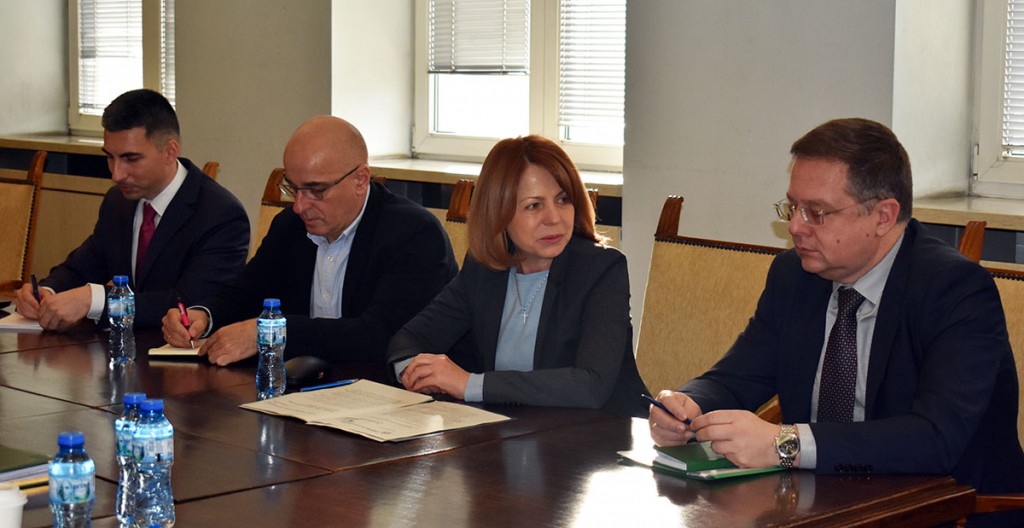AOBE PRESENTED ITS PRIORITIES FOR 2021

Association of the Organization of the Bulgarian Employers (AOBE) announced its main priorities for 2021. This took place at an official press conference attended by the heads of the four nationally representative employers’ organizations, AOBE members – Vassil Velev, chairman of the Bulgarian Industrial Capital Association; Radosvet Radev, Chairman of the Bulgarian Chamber of Commerce; Tsvetan Simeonov, Chairman of the Bulgarian Chamber of Commerce and Industry and Kiril Domuschiev, Chairman of the Confederation of Employers and Industrialists in Bulgaria.
The organization will work on 47 measures in six key areas for the Bulgarian economy, including business environment, energy, human resources, capital market, European policies and investments. Bulgaria’s accession to the OECD and the Schengen area was declared a top national priority, including active work for Bulgaria’s more recent accession to the Eurozone.
“Traditionally, at the beginning of each year, AOBE presents its priorities. In them you will not see anti-crisis measures, but on the contrary measures aimed at improving the business environment and increasing the competitiveness of Bulgarian enterprises and the economy. And since this year is an election, we unanimously decided to invite the parties and coalitions that sociological agencies give a chance to enter parliament to learn about their priorities and business expectations, “said the rotating chairman of AOBE for this year Vassil Velev.
The chairman of BIA Radosvet Radev noted that it is essential for improving the business environment in our country to preserve the existing tax model and reduce its share, redistributed through the state budget. As another important focus, he pointed out the reduction of the regulatory burden on companies’ business to the minimum required by the EU. According to him, Bulgarian business wants the fastest possible construction of e-government, as well as expanding the scope of tacit consent.
“2020 has shown us how great the need for e-government is so that we can get through such crises a little easier. The slowdown in measures and the deterioration of the business environment are largely due to the poor performance of institutions. This is shown by the data from the BIA survey. 70 percent of the respondents answered that the economic indicators of their companies have deteriorated, and 56% will postpone all their investments “, added Radosvet Radev.
According to him, there is a need to improve the rules for legitimizing the nationally representative organizations of workers and employers. AOBE believes that the procedure should be done every 7 years, and not as it is now every 4 years, he added.
The rotating chairman of AOBR for 2020 Kiril Domuschiev pointed out that energy is among the most serious problems for Bulgarian business. “Unfortunately, last year we failed to finalize the much-needed reform in the sector and in 2021 we will continue to insist on its implementation. Energy is among our main priorities, as it plays an exceptional role in increasing the competitiveness of the Bulgarian economy, “said the chairman of CEIB.
According to Kiril Domuschiev, AOBE will insist on the preparation and signing of a National Agreement for Ensuring Liquidity on the Electricity Market on the Day Ahead Market, which will include producers from the BEH Group, the Ministry of Energy, the Ministry of Economy, the Ministry of Finance and nationally representative trade unions and employers’ organizations.
Among the other priorities in the Energy sector, the CEIB Chairman also pointed out the adoption of a balancing national strategy until 2030, notification and holding of a tender for capacities and settlement of relations under long-term electricity purchase contracts between NEK and the so-called US power plants in accordance with EU state aid rules, increasing the capacity and activity of the EWRC to investigate and sanction market abuse and market concentration, unification of the Bulgarian with the European electricity market. Kiril Domuschiev also focused on promoting the production and storage of electricity from renewable energy sources for own needs, as well as on the adoption of legal changes for full liberalization of the electricity market.
Despite the temporary difficulties of some businesses, as a result of COVID-19, AOBE members believe that in a few months, businesses will again begin to experience staff shortages. “Human resources are an important element of industrial policy. This year, they must make every effort to develop policies to detain workers who have returned from abroad due to the crisis. They should be related to facilitating the restoration of their civil status, construction of additional kindergartens for their children, etc., “said the chairman of the BCCI Tsvetan Simeonov.
He added that employers’ organizations will continue to work to make changes to the Higher Education Act, through which the admission plan in schools to be brought to the needs of the economy, as well as to accelerate reforms in the education system with a focus on vocational education. and expanding skills and knowledge in science, technology, engineering and mathematics.
As very important measures Tsvetan Simeonov stressed the expansion of the functions of the Employment Agency in order to facilitate the import of workers and specialists from third countries, as well as easing the regulations to facilitate access to our country and the Bulgarian labor market of foreign workers. and specialists of Bulgarian origin. The President of the BCCI stated that the demands for the abolition of the minimum insurance income and the obligations of the employer to pay for the first three days of sick leave are also among the priorities for 2021.
Vassil Velev, who this year is the rotating chairman of AOBE, pointed out that the Association insists on active participation in the updating and adoption of the Plan for Recovery and Sustainability of Bulgaria, as well as to participate in the mechanism for its implementation and monitoring. “Businesses expect at least 25%, and not commented so far from 3 to 8 percent, of the funds under the Plan to be directed to support investments in existing enterprises. These enterprises that feed the people and fill the country’s budget today, “added Vasil Velev. According to him, Bulgaria must have a national position on the implementation of the European green deal, through which to ensure a fair, smooth and consistent with the specifics of our country transition to a low-carbon economy.
The capital market is also among the priorities for 2021. According to the chairman of BICA, the four nationally represented employers’ organizations will work to prevent attempts at state control over private listed companies by expropriating inactive shares. Vassil Velev added that Bulgaria needs to seriously improve the regulations in order to limit over-regulation and to simplify and automate procedures, as well as to improve the conditions for financing SMEs through the capital market. AOBE also proposes an assessment of the potential for listing of minority shares in state-owned companies and raising financial resources for the implementation of large infrastructure projects through the capital market and improving the corporate governance of public enterprises.
AOBR unites the nationally representative employers’ organizations BICA, BIA, BCCI and CEIB. The main goal of the organization is to consolidate, balance and represent the interests of its members. Employees in the enterprises that are members of the four employers’ organizations employ 82% of all employees in Bulgaria, and the gross value added they produce is 86%.

 English
English

